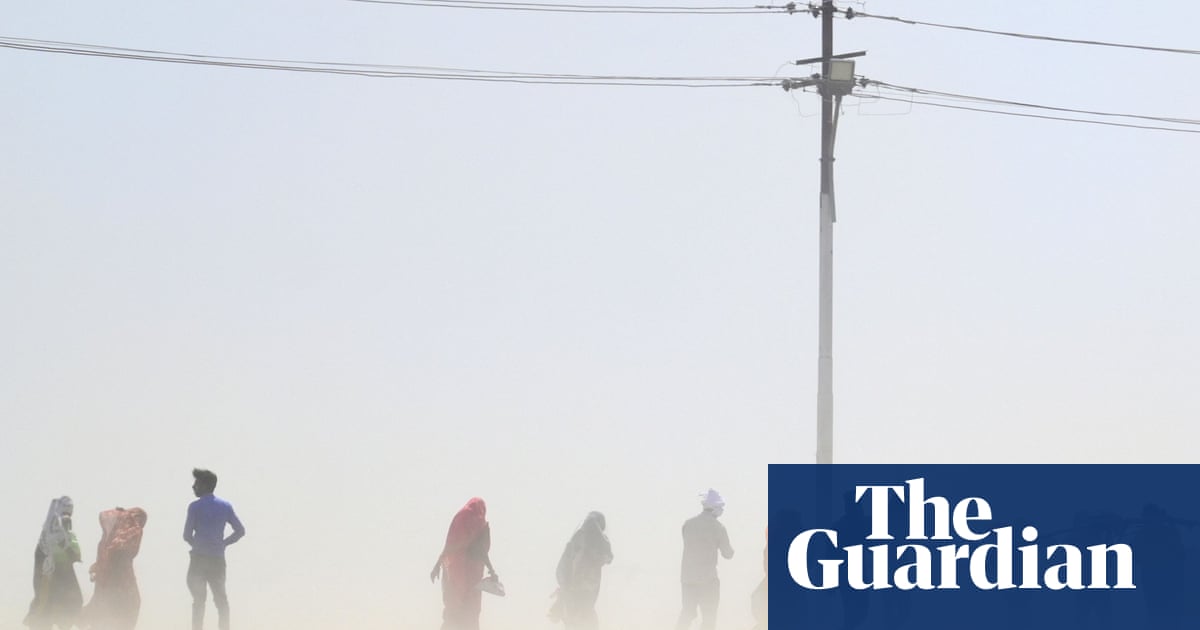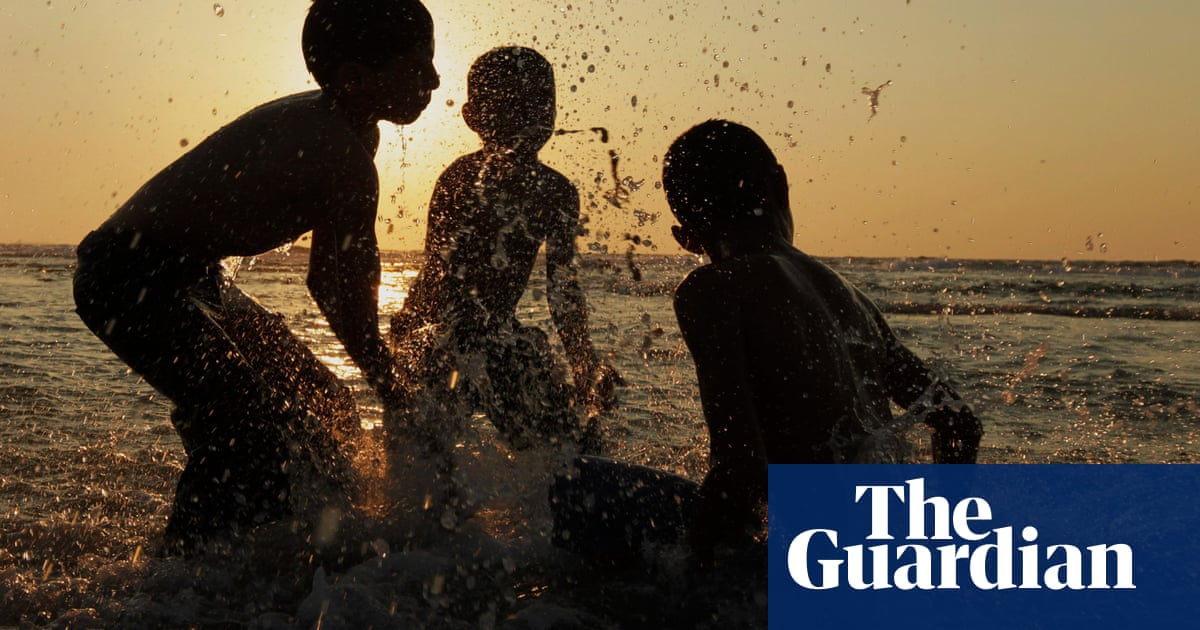
Gennadiy Shukin, Taymyr, Russia
I was born in 1962 in a family of deer herders in Taymyr, on a peninsula in the very far north of Russia. I am part of the Dolgan community: we are an indigenous Russian group and there are around 6,000 left of us living in the tundra. Growing up, the Soviet Union tried to deny us our traditional way of life, but since then climate change has become the biggest challenge to our survival.
Our community lives by hunting, fishing and herding deer. Scientists say that Taymyr has the most rapid temperature increase in Russia, and we can really feel it.
Because of the warmer winters, we have seen that deer are giving birth earlier in the year. Many are born too weak and don’t survive the long journeys they have to make. This means there is much less deer for us to hunt and it hurts the whole ecosystem.
Rivers and lakes that we use for fishing have also started to dry out. Others are too polluted after all the big oil and gas plants have sprung up over the years in our lands. Some days we don’t catch any fish at all.
For generations, we have sold the food we caught to local towns and cities to buy basic products like sugar and wheat. Without animals, we cannot survive.
Big craters are also forming because the Arctic permafrost is starting to melt under our feet. This means the routes that we have used for decades to travel, hunt and fish have to be adjusted as whole roads have sunk. It is also dangerous as you never know where the next crater will form.
Our ecosystem is changing quickly: animals such as sables that I have never seen before in my life have appeared in the tundra. And now we also have to deal with giant mosquitoes and bugs that attack our livestock. The summers are becoming unbearable. It’s madness.
The youth sees that climate change makes our traditional way of life impossible and they are forced to move to the bigger cities to find jobs, which are often low-paid. Our culture is disappearing.












